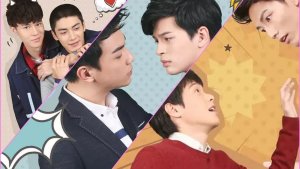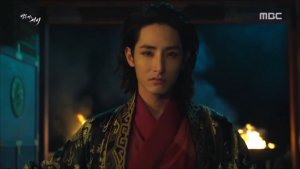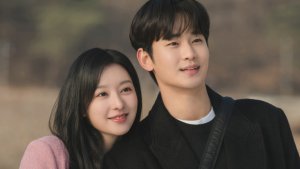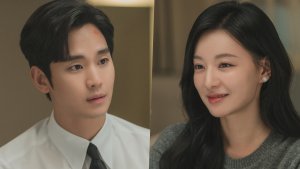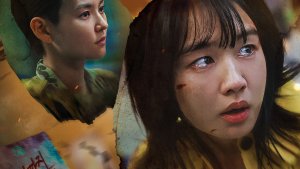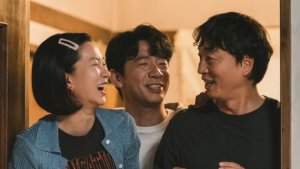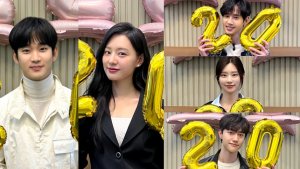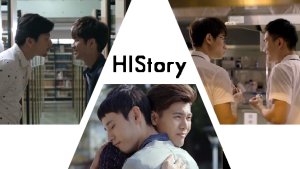 Dissecting HIStory: Part 2
Dissecting HIStory: Part 2
I have watched my fair share of KDramas. I’m definitely not the most prolific drama viewer but I’ve made my way around, and, as an amateur writer and critic, I feel like I have some know-how on what makes a good drama tick. If there’s anything I’ve noticed in my years of drama-watching, it’s that, while plot is important, it’s really the characters that drive a show. If a writer can create interesting characters that viewers relate to and feel emotion for, then viewers will stay engaged. So, in this chapter of KDramas 101, we'll be discussing how to create engaging characters, and I'll show you some examples of characters that I thought were written especially well.
WARNING: Spoilers ahead for Misaeng, Boys Over Flowers, I Remember You, Goblin, and Save Me!
One thing that is very important in creating engaging characters is letting them change over time. Static characters are not interesting. It’s no fun watching the same characters do the same things episode after episode. A writer can only portray a dynamic plot with dynamic characters. I think that the easiest way to do this is to allow the story to affect the characters. This seems obvious enough, but I think we've all watched shows where, no matter what happens, the characters don't seem to change. They often don't respond to things like real people would, which just doesn't fly.
Misaeng has wonderfully dynamic characters. Geu Rae is a fish out of water to the extreme at the office. He’s a deep, emotional character, and he has a few core character traits. He’s hardworking, gullible, kind, and childlike, and while he maintains some of these characteristics through the end of the show, he matures a lot, too. He is obviously and lastingly affected by his experiences at the office. He earns respect by continuously impressing and outperforming his cohorts through sheer effort. Mr. Oh is mean to him, but after Geu Rae convinces his curmudgeon of a boss that he’s deserving of his employment despite his background and lack of education, they develop a real friendship. Their friendship doesn’t come from it being a plot point on a storyboard; it comes from their interactions and it develops over time. The suave, cool Geu Rae we see at the end of the show is a result of his experiences.
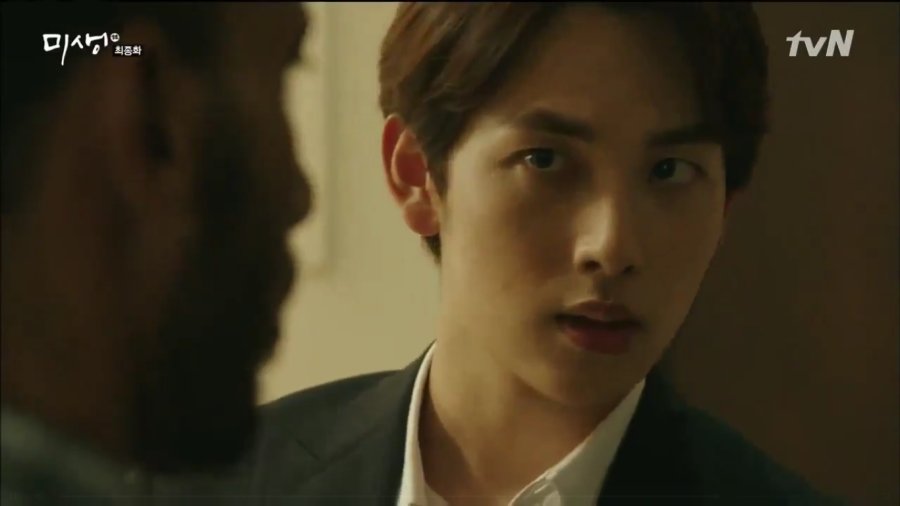
I rip on Boys Over Flowers all the time but there are real reasons why, and one is that I just can’t stand the characters. They stagnate so terribly that the show becomes boring and frustrating. For example, Jun Pyo tasks the school with coating the heroine with baking ingredients. How does her demeanor change after this horrifying bullying? It doesn’t. She cries a little and carries on as if nothing happened. Or what about the time Jun Pyo sent some boys to gang rape her? No change. Even after she literally kicked Jun Pyo in the face, she still married him in the end! What? This show isn’t fun to watch because the characters don’t change over the course of the show. Everyone acts about the same in the beginning as they do in the end. It's highly unsatisfying.
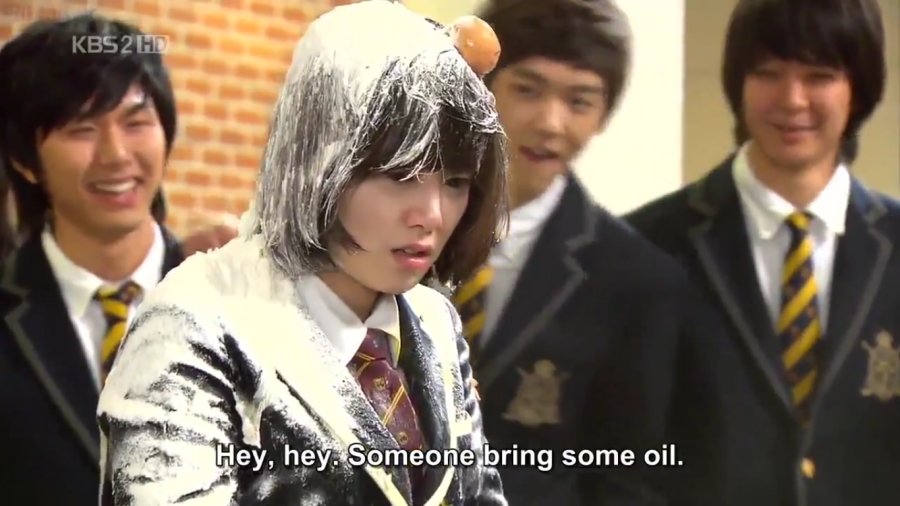
Characters also have to be allowed to be unpredictable. Humans are mixed bags, and while someone who is characterized as nice and tolerant will, in general, endure hardship with the best of them, it’s inhuman for them to be completely impervious to strife. Humans are, by their nature, emotional. Logically, this means that our kind, tolerant character can only take so many beatings before they lash out and become angry, or maybe they turn inward and avoid people entirely. People don’t have one trait that they stick to rigidly. Our minds are ever churning, and sometimes, they churn out something that doesn’t necessarily fit the mold people associate with us. This is the spice of life, and randomness like this makes for genuinely interesting characters.
Circle is a wonderful example of this sort of randomness. Lee Ho Soo is a human who has had his bad memories locked away and has a Detroit: Become Human-esque glowy light on the side of his neck that shows his emotions. Still, unlike characters in Become Human, Ho Soo is a person, not a robot, and as such, he has emotions that can’t be held back by the Calming Care System. He’s supposed to be perfect, but as a human, he is innately imperfect and random. Because of the struggle between humanity and perfection, unpredictability becomes central to his character and makes for one of the most interesting supporting characters I’ve ever had the joy of watching. In fact, the show is full of very human characters that are suitably random.
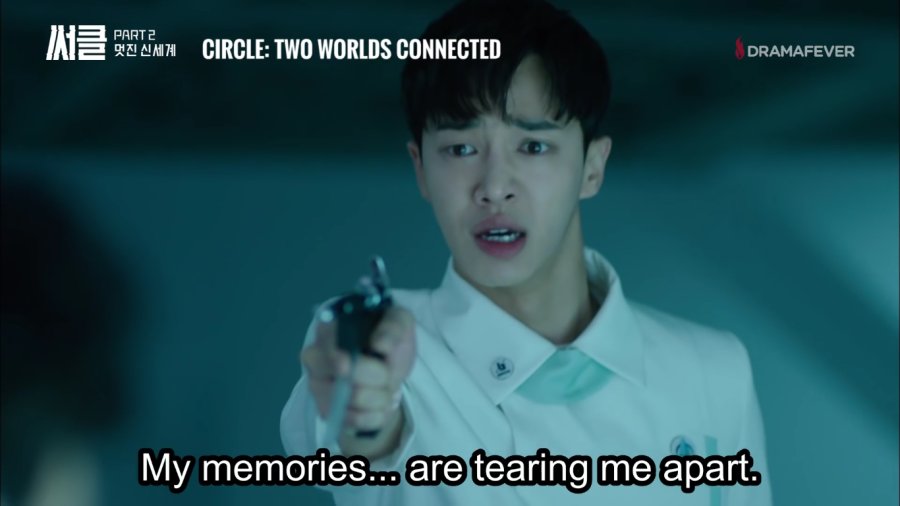
Of course, this doesn’t mean that a show should be a free-for-all. People are usually consistent, so you also can’t have a character that is so random that they’re no fun to watch. Consistent characterization is what gives out-of-character actions their oomph. It’s a balancing act. A writer can’t swing too hard in one direction or the other. Suspense can only be created with times of stability, then surprising instability, then a return to the status quo. If a character is all instability all the time, it no longer seems exciting. You don’t want viewers to become desensitized to the excitement.
Characters also need good foil. You need a Loki for your Avengers. You need a Voldemort for your Snape. Heroes are only engaging, in my opinion, if they have a solid villain to play off of, and vice versa. In literature, this sort of contrasting dynamic is called foil. The hero really only seems heroic if there’s a villain for them to play off of, and anti-heroes only work if the bad guy is far more evil. Writing good foils can bring characters to life and make the whole cast seem more interesting.
Earlier I mentioned how humans are naturally emotional, but there are some who are completely or mostly devoid of emotion. Each of these archetypes is only interesting if they are paired with their opposite. For example, Cha Min Ho and Park Jung Woo from Defendant are polar opposites. Min Ho is willing to throw his brother off a building and beat a woman to death with a golf club without blinking, but Jung Woo’s greatest regrets are not being able to stop the people he loves from getting hurt. This dynamic works so well because these people are so different from each other. Jung Woo wouldn't seem as kind if there wasn't someone as evil and heartless as Min Ho hanging around. They're good on their own, but the way they contrast makes the whole show so much more interesting.

Then there’s Min from I Remember You, a man who has killed plenty of people but still manages to be likable. This is partly because he has two foils. One is his brother, Hyun, who is super-smart but innately good. Viewers subconsciously compare the two of them, leading them to see how Min, despite being a murderer, is almost childlike in his demeanor, which causes us to like him. His other foil is Lee Joon Young, who is far more evil than Min and puts him in a “damsel in distress” sort of position. This allows us to sympathize with the seemingly weak Min. Characters that are extremely different from each other bring out the best and worst in all of them, making them more engaging.
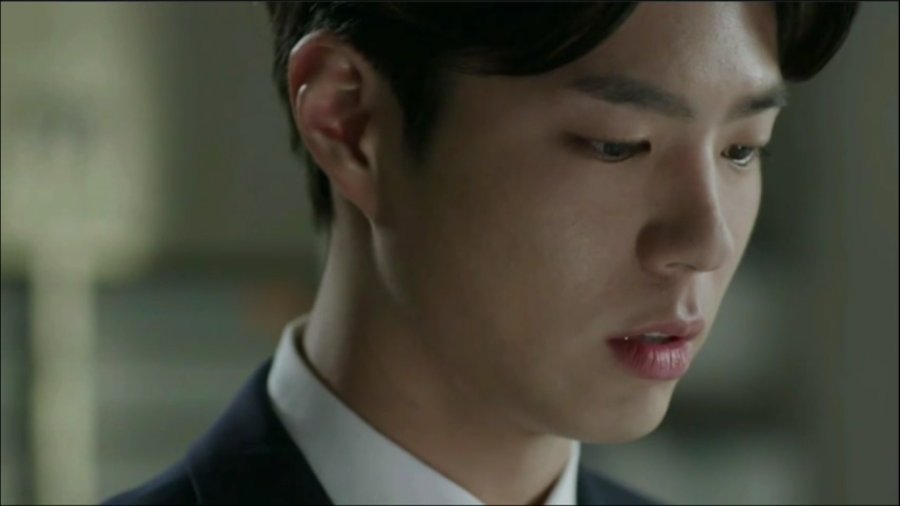
This sort of thing can backfire, though. For example, Scholar Who Walks the Night gives us a good vampire, Kim Sung Yeol, locked in an eternal showdown with an evil vampire, Gwi. It’s a decent setup, but where it falls flat is that their attempts at foil lead to an interesting villain and a boring hero. Gwi is unpredictable but has a general character that guides his decisions and leaves viewers wanting more. He’s wild but he has a heart. He can feel love but this conflicts with his vampiric nature. Sung Yeol, on the other hand, is the good guy. That’s really it. Gwi is so entertaining because Sung Yeol is so… not. This is foil, yes, but it’s foil done wrong. The goal is to have opposing character traits and experiences enhance each other, not to have a boring character make an average character seem masterful.
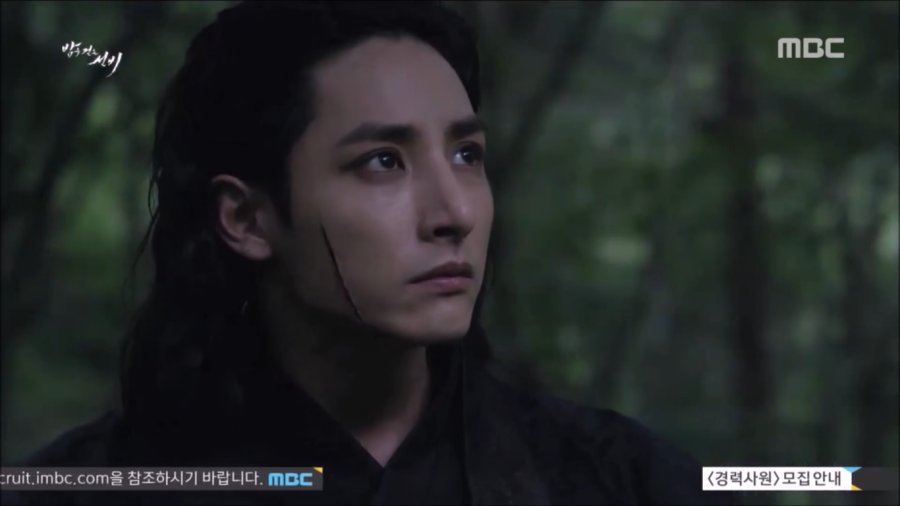
Lastly, I’m going to talk about the importance of character motivations. A character is only as engaging, in my opinion, as their goals. Without good motivation, a character has no reason to exist. Motivations don’t necessarily have to be complicated, either. There is beauty in simplicity. For me, a good, satisfying motivation is one that can sustain a whole show and can survive any of the events thrown at it.
For example, in Save Me, no matter what happens, Sang Mi’s ultimate goal is escaping Guseonwon. In Goblin, Shin’s ultimate goal is to find his bride. These goals are very simplistic but they last until the end of their respective dramas. In Save Me, Sang Mi goes through her mom going crazy, her parents being indoctrinated into the cult, and her father becoming a lost cause. She's even set up as a sort of sacrificial lamb for the Spiritual Father but in the end, her goal is always leaving Guseonwon. In Goblin, Shin eventually does find his bride but when he dies, his goal is to find her again. Then she dies, and he has to look for her again. Their motivations pull them through the whole show and last until the very end. Their goals are satisfying and can adapt and change as the series progresses.
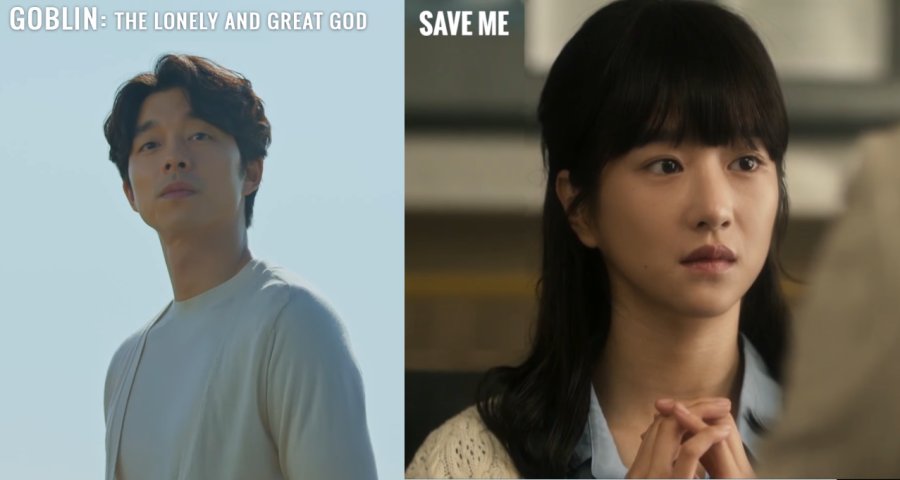
There are also highly unsatisfying motivations that I've seen in KDramas. For example, what is Cha Eun Sang's goal in The Heirs? To not get bullied? To avoid being caught in the crossfire of one of Young Do and Tan's violent fights? For a lot of the show she wants to avoid other characters, but I can't really say that that's her ultimate goal. Eun Sang is different from Sang Mi in this way: Sang Mi dedicates all of her energy to escaping Guseonwon, whereas Eun Sang seems to just scrape by, not dedicating much effort to... anything. Eun Sang is only as important as whoever is pining after her. She is not defined by her motivations, and that makes her lame.
So, what do you think? Do you agree with what I think makes for an engaging character? What do you think makes characters interesting to watch? Tell me below!
Me starting this new KDramas 101 series is my way of celebrating being on MDL for two whole years! I hope that these articles can help everyone become a bit better at looking at the dramas they watch with a more critical eye and guide viewers into being more active participants in what they watch.


